Shôgo Shimada
Nascimento : 1905-12-13, Yokohama, Japan
Morte : 2004-11-26

A young samurai dares to approach a castle mistress as he searches for an escaped falcon, a crime punishable by death, but escapes with his life. He is forced to return to the castle by the dying light, but the mistress has become fascinated with him...

A Japanese soldier is forced to question alliances when he meets and falls in love with the leader of the rebel movement.
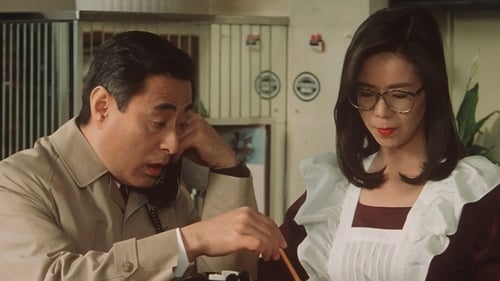
Zenbu Okura
The film stars two of Itami's regular actors, Nobuko Miyamoto as a geisha who brings luck to the men with whom she sleeps, and Masahiko Tsugawa as her unfaithful, sometimes partner. As well as showing her relationships with the man she loves and the men who employ her, it satirizes corruption and the influence of money in Japanese politics.

Arata Mekata
The reincarnation of a 10th century Japanese general haunts 1920's Tokyo.
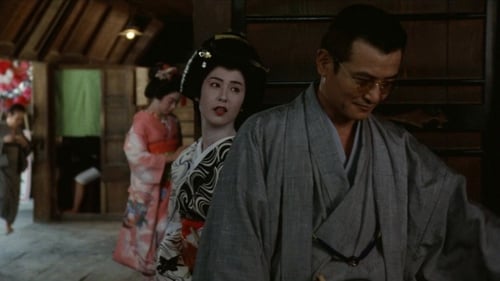
Daizo Moriyama
Drama about the difficult relationship between a former wrestler, his wife and their adopted children.

Toru Yoshida's Father
Rick, a down-and-out American boxer, is hired to transport a sword to Japan, unaware that the whole thing is a set up in a bitter blood-feud between two brothers, one who follows the traditional path of the samurai and the other a businessman. At the behest of the businessman, Rick undertakes samurai training from the other brother, but joins his cause. He also becomes romantically involved with the samurai's daughter.

Old pilgrim
Saito Masao reminisces on the days of his youth more than 50 years ago and his forbidden love of his older cousin Tamiko. When he was 15, Tamiko moved in to take care of his sickly mother. The two quickly fell in love with each other but were inevitably forced by their family to live separate lives.

Political fixer Homei Yamaoka's misdeeds come to light, throwing Japanese politics into deadly confusion. But he's not going down without a fight.

UFOs appear on Earth, and people who actually see them suddenly find that their blood has turned blue. Soon panic and hysteria result in the new "blue-bloods" being persecuted by the rest of mankind, and eventually certain all-too-familiar measures begin to be taken against them.
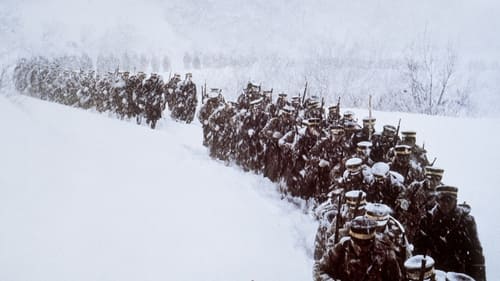
Two infantry regiments of the Imperial Japanese Army—210 men overall—tackled Mt. Hakkoda in the winter of 1902 to prepare for war with Russia.
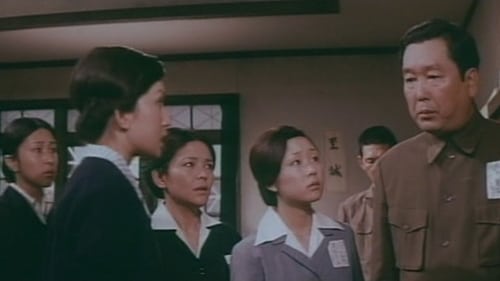
The film is set in Karafuto after the radio broadcast of the Imperial Rescript on the Termination of the War. On August 15, 1945, Soviet forces invaded Karafuto. On August 20, the postal telegraph office in Maoka suspended operations and nine of the twelve telephone operators committed suicide by taking potassium cyanide while the city was being invaded.
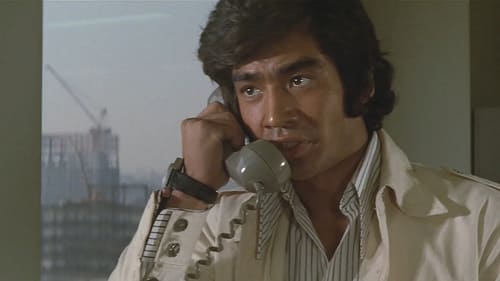
Old man Watari
A team of geophysicists investigating seismic activity on the seafloor discover that the islands of Japan, after suffering from massive volcanic eruptions and earthquakes, will be pulled into the ocean, killing millions.

Ninkyo with Hideki Takahashi.
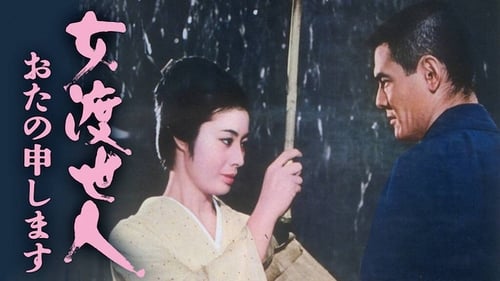
Bunta Sugawara replaces Koji Tsuruta as the leading man for this sequel of Okoma, the Orphan Gambler.

Ezo Jirozaemon
1864. Samurai Shinbei is sent in a secret mission to Ezo, in the North of Japan, to stop riots of villagers commanded by Jirozaemon. A Russian count's daughter, the village leader's daughter and a secret treasure add up to the adventure.
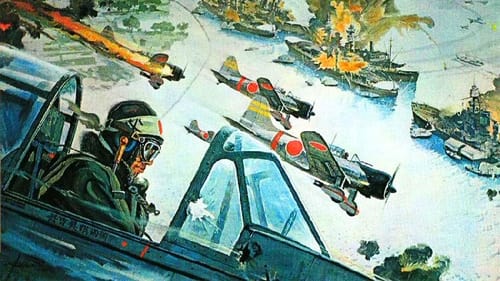
Japanese Ambassador Kichisaburo Nomura
Retrata de forma realista, quase documental, tanto do ponto de vista japonês como do norte americano, mostrando a preparação, os eventos e os erros que possibilitaram o ataque a Pearl Harbor em 7 de Dezembro de 1941, fato que forçou a entrada dos Estados Unidos da América na Segunda Guerra Mundial. O título do filme é o código utilizado em caso de sucesso do ataque japonês, que traduzido para o português significa 'Tigre! Tigre! Tigre!'. A versão Americana tem 02:25. A versão Japonesa é mais longa, com 02:29.

Higuchi Sojiro
Shimamura & Mineko return to Kamagasaki in Osaka. In their return Shimamura quickly finds himself defending a lady in distress. During the skirmish he bumps into his old buddies who turns him on to the "new" goings on in town, Shimamura is angered to discover a Chinese triad organization has overthrown their gang, a situation they must reverse. Now he and the old gang finds themselves putting their lives on the line defending the honor of the "Yakuza Way", the locals of Osaka, even Japan!!

Seijuro Fujihana
Seijuro Fujihana, head master of the Fujihana dance school, is a proud and lonely artist. And because of his character, his group lacks the prosperity of others. He wishes his daughter Kasumi, gifted like himself, to take over and develop the Fujihana, but she wishes to marry Hiroshi, head of a jazz band which her father opposes. Kisaburo, Seijuro's No.1 disciple, wants to marry Kasumi and take over the Fujihana with the backing of the chairman of the supporters' association.

In the prewar days leading up to the Second Sino-Japanese War of 1937, head flight instructor Lt. Katō Tateo of the Imperial Japanese Army-Air Corps trains new volunteers from the Army's Infantry to become Japan's next generation of fighter pilots at the Tokorozawa Flying School. Flying Kawasaki Ko-4 biplanes, Lt. Katō will train both friend and future foe alike. But as war in China breaks out, Katō now in command of the 5th Rentai will take his untested men flying antiquated planes into aerial combat against the Chinese Air Force who is now headed by Lt. Cho who Katō both earlier befriended and personally trained himself. While Katō's squadron ultimately achieves air superiority over the skies of Manchuria, it comes at a high price in men to which each loss carries a heavy burden that he alone must carry. As the war widens into the Second World War, Captain Katō must battle an ever advancing array of deadlier new enemies flying ever more modern fighter planes.

Part 7 in the Gambling Den series. This time Koji Tsuruta is a gambler who feels sympathetic towards a woman whose naive husband is driven to a debt trap by a rotten gambling den owner (Tatsuo Endo) and his dishonest card dealer (Isamu Nagato). The plot is standard stuff and features too much talk, but there's also a decent balance between melodrama and lyricism in the form and storytelling. Tsuruta was a perfect fit for these kind of roles, with the stoic and emotional sides nicely mixed in his screen persona.
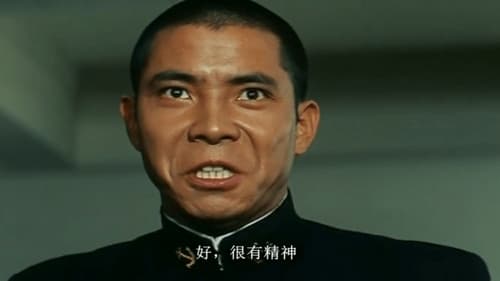
Admiral Yamamoto
A young man leaves his widowed mother on her improverished farm and makes his career in the Japanese navy.
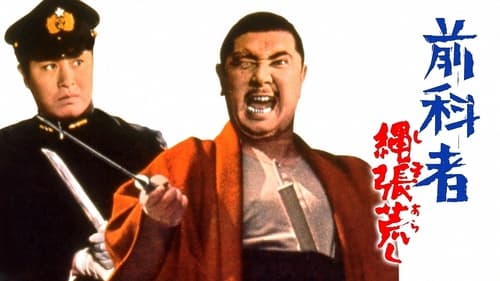
The third film in the Zenka-mono series.At the beginning of the Showa period, Matsukichi Iwaki was released from prison after 10 years in prison. Matsukichi came to Yokosuka relying on his old friend Mitsuo Nakai from the Nakai gang, but Nakai was killed and the gang disbanded. Matsukichi discovers that the Shimanaka gang is behind everything, and from her the thread reaches the Navy. With the help of grenades and sword, Matsukichi, nicknamed "Bomb Man", sets off a disorderly rampage.

Oshiba Electric president
A story depicting the challenges faced by today's youth in working to build a better tomorrow, based on the theme of Toshiba's progress as one of Japan's leading manufacturers of electronic and electric goods.

Ninth film in the long-running series Daiei Studio's Woman Gambler with Kyoko Enami starring where she plays the woman gambler Ogin.
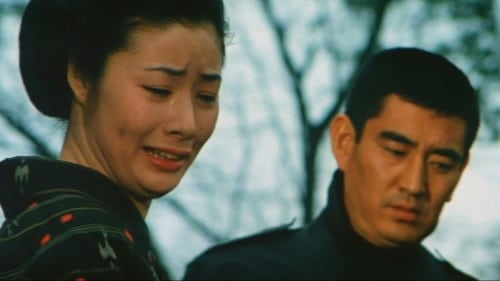
Rival gangs fight over ownership of bicycle race track.
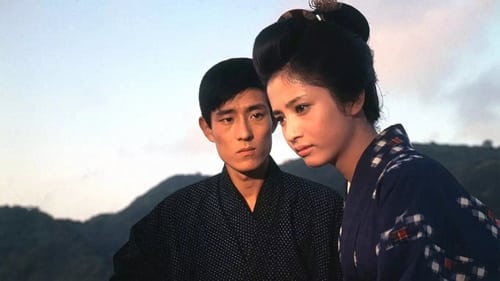
Ginzô Tsutsui
Shimamura is a young man whose family went broke and lost their house. One day, as he returns to his former house to get a camellia blooming from the garden, he sees a beautiful schoolgirl who lives there. After they coincidentally meet again they fall for each other, but she is already engaged.
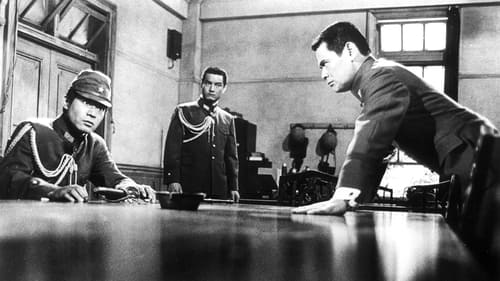
Lt. General Takeshi Mori - CO 1st Imperial Guards Division
Following the detonation of the atomic bombs on Hiroshima and Nagasaki, the Japanese military and the government clash over the demand from the Allies for unconditional surrender. Minister of the Army Anami leads the military officers who propose to fight on, even to the death of every Japanese citizen. Emperor Hirohito, however, joins with his ministers in asking the unthinkable, the peaceful surrender of Japan. When the military plots a coup to overthrow the Emperor's civilian government, Anami must face the choice between his desires and loyalty to his Emperor.

The life of entertainers in Asakusa’s pleasure quarters. An exciting yakuza story with superb action.

Yakuza families clash over a lucrative fishery business.
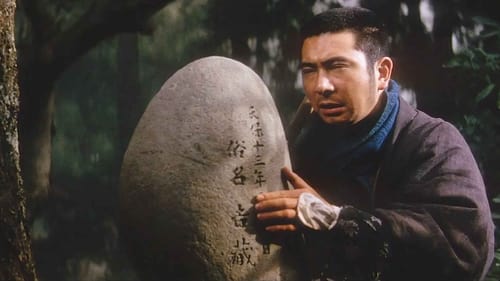
Chuji Kunisada
Ichi travels to the village of Itakura to pay his respects at the grave of Kichizo, a man he killed two years ago. When some tax money is stolen while in transit to the governor he is accused and sets out to find the money and clear his name.
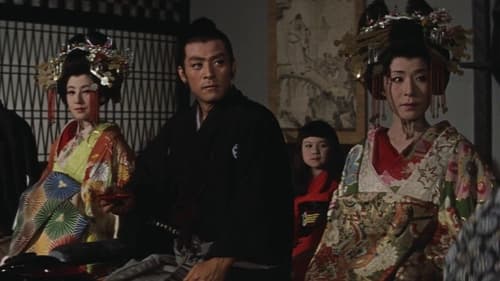
Shimada Toranosuke
The Dai-bosatsu toge trilogy is based on Kaizan Nakazatos unfinished long series of novels (41 books, written from 1913 to 1941). Set in the last period of the Tokugawa Shogunate, Daibosatsu Toge tells the story of Tsuke Ryunosuke, a nihilistic swordmaster who doesn't hesitate to kill anyone, bad or good.

In the town of Yumoto, Asakichi, a left-arm-less gambler who had been winning at the gambling hall, was attracted by the sound of a faintly heard storyteller, Saman, and left his seat. Asakichi was fascinated by the voice of Oyasu, who sounded exactly like his wife Ochiyo, who had died three years earlier. Asakichi told Oyasu that Ochiyo had fled with him to his home town of Omigawa just before he was deposed by the samurai Shingo Inaba, but that he had put her through a lot of hardship to make her die. Oyasu's husband Tokujiro was a palace carpenter in Edo, but his skills were damaged and he came to take a cure. Asakichi heard about Oyasu's story and offered him money, and Tokujiro's arm was almost completely healed by Oyasu's nursing care.

The man is chased by losing the beauty and preciousness of love and the foundation of life without overcoming the hardship of life.
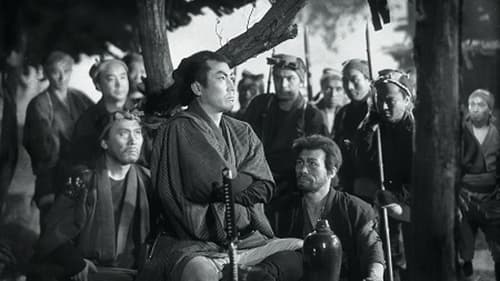
Enzô
Kunisada Tadaharu, a peasant of Kunisada Village in Joshu Sai County, could not stand the bad government and poor harvest of Takebe Genhan, the governor of the time. entered the world of As he played more and more games at the gambling hall, he became feared as "Chuji the gambling robber", and became a boss who had a share of Inui such as Nikko's Enzo and Shimizu's Kentetsu. However, due to a disagreement, he killed his benefactor Isaburo Boss, and was abandoned by Yasugoro and was chased. However, Chuji cleverly took advantage of the peasant uprising, shut himself up on Mt. Akagi, opened a gambling hall, and was touted as the greatest boss in the Kanto region. The magistrate, who learned of the close relationship between the peasants and Chuji, finally arranged for Chuji to go on a trip. Chuji, who doesn't know that he was weighed, gleefully descends the mountain, but...





























